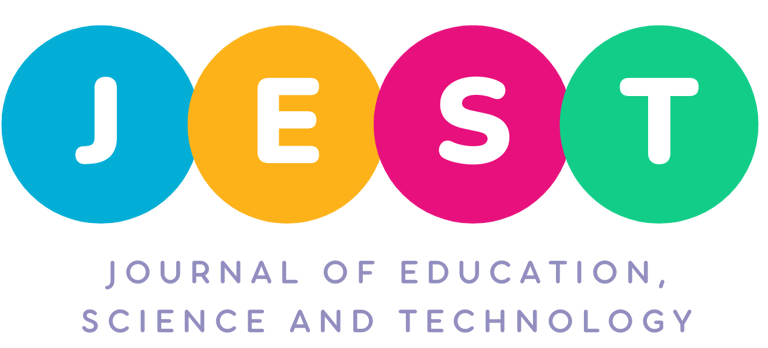Traditional Knowledge and Sustainable Governance: A Case Study of the Coastal Communities of Ilaje, Ondo
This study highlights how the Ilaje people's traditional ecological knowledge can inform sustainable marine governance, bridging local wisdom with modern policy for better ocean conservation.
Abstract
Marine resources generate half of the earth’s oxygen, provide food, and provide multiple income opportunities that typically make up the primary income-generating activities for coastal communities. Ocean governance and conservation initiatives rely on different types of knowledge to ensure the sustainable governance of these resources. In this study, we sought to explore Traditional Ecological Knowledge (TEK) and its potential to promote the sustainable governance of marine resources and coastal communities using the Ilaje coastal communities in Ondo State, Nigeria, as a microcosm of the intersection between traditional knowledge and modern marine policies.
Through a combination of qualitative and quantitative methods, this study explores the multifaceted lived experiences of the Ilaje, highlights their profound understanding of their marine ecosystem, and derives ways in which their traditional knowledge can be synergized with contemporary science-informed approaches to inform sustainable ocean governance policies. This exploration underscores the importance of collaborative governance, which brings together all members of respective coastal communities, recognizes the knowledge they hold on marine resource management, and integrates it with modern knowledge to form a cornerstone for equitable and sustainable marine policies.
Keywords: Traditional ecological knowledge, marine resources, sustainable, governance.
Citation: Akinsemolu A. A. (2024). Traditional Knowledge and Sustainable Governance: A Case Study of the Coastal Communities of Ilaje, Ondo State, Nigeria. Journal of Education, Science and Technology 2024, (1) 1.1-12.
COPYRIGHT © 2024 Adenike Akinsemolu. This is an open-access article distributed under the terms of the Creative Commons Attribution License (CC BY). The use, distribution or reproduction in other forums is permitted, provided the original author(s) and the copyright owner(s) are credited and that the original publication in this journal is cited, in accordance with accepted academic practice. No use, distribution or reproduction is permitted which does not comply with these terms.
